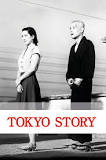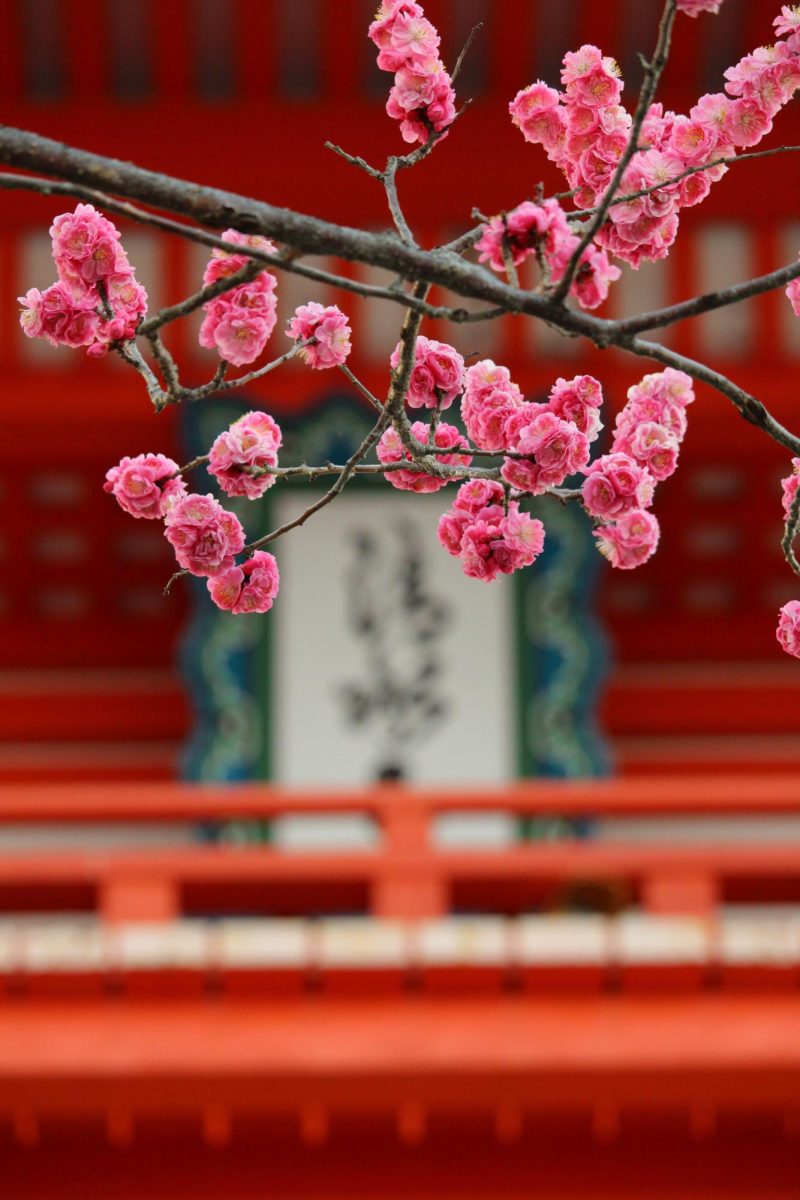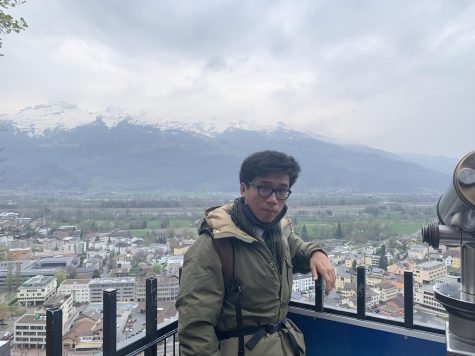It’s an unavoidable fact of life- kids grow up. As all of us no doubt know by now, developing from children to adolescents to young adults, who we are as people changes dramatically- and so do our relationships with those

(Shochiku, Asociace českých filmových klubů)
closest to us, our parents. The previously simple and happy connection between a parent and child becomes infinitely more complex as life takes on more nuances and responsibilities for the latter. Chores become jobs, playtime with mom and dad becomes socialization with friends unknown, and spelling tests pinned proudly to the fridge door become critical standardized exams that could decide future careers. As the child assumes more independence and responsibility, friction between children and parents usually results. Scoldings over table manners and missed chores become full-blown arguments over academics, romance, and far more. Perceptions of each other sour- many young adults find themselves longing for independence away from their family, and many parents find themselves frustrated with the perceived shortcomings of their offspring. Soon enough, however, the children move out and start their own lives, leaving their parents behind. Questions linger. Were the parents right in holding their children to such high standards? Were the children right in wanting to leave their family behind and strike out on their own? These are questions that we all grapple with throughout our lives. Today, I would like to take a look back into the past at a classic movie that wrestled with these issues that, sadly, many people today do not know- the 1953 Japanese film Tokyo Story.
Tokyo Story was directed by Yasujirō Ozu, a man considered one of the most essential filmmakers in Japanese, if not the world, cinema. Tokyo Story, likely the best known of his works, is thus befittingly considered one of the greatest films ever made by critics- for instance, it is consistently included among the top 10 in the prestigious Sight & Sound opinion poll of the greatest films in cinematic history (coming in 4th in the 2022 poll). But why the continued worldwide praise for a Japanese movie nearly 70 years old by now? The film’s longevity comes from its universality to me and many others.
The film concerns an elderly Japanese couple- Shūkichi and Tomi Hirayama- living in a provincial part of post-WW2 Japan. This period was a time of rapid progress, as the country was rebuilding and innovating, and old traditions were being set aside for new ways. The couple decided to take a weekend trip to Tokyo to visit their two adult children living in the capital, whom they have not seen in a long time (this, of course, being a world before you could FaceTime your parents anywhere). Once there, the children receive their parents warmly enough into their homes. However, it quickly transpires that the children have built up their own lives- the oldest brother, Kōichi, works as a doctor, and the sister, Shige, runs a hair salon- and neither of them has much time or attention to give towards spending time with their parents. The only family member who seems to care about keeping the seniors company is the daughter-in-law Noriko, a widow after the younger Hirayama son went missing during the war. The friction, carefully concealed behind niceties, slowly mounts as the children resent this sudden intrusion into their lives, and the parents (themselves far from perfect) realize that they are seen as a burden.
Ozu’s masterful filmmaking in all aspects cannot be overstated. His camerawork takes full advantage of Japanese homes’ quirks to create dynamic yet ordered compositions. The direction of the characters is equally skilled- by relying on understated, subtle performances, Ozu’s actors create a drama dripping with emotion without feeling heavy-handed. But the story that these techniques come together to create is truly brilliant because, despite being set in a specific time and place, it is one that almost everyone experiences at some point in life from both ends. To Ozu’s credit, despite Japanese culture deeply valuing respect for elders like many other Asian cultures, he presents a reasonably even-handed answer to the questions of parent-child relationships. Yes, it is harmful to neglect and ignore your parents completely. But it’s also detrimental to hold your children to an imposed standard and to expect them to be entirely subordinate to you as they were when they were young. The solution that Ozu presents, then, is difficult- to accept the changes that have come, to be patient and accepting of the shortcomings of both parties and to communicate openly and honestly. Much like his film, it is simple, yet too many forget it easily.



